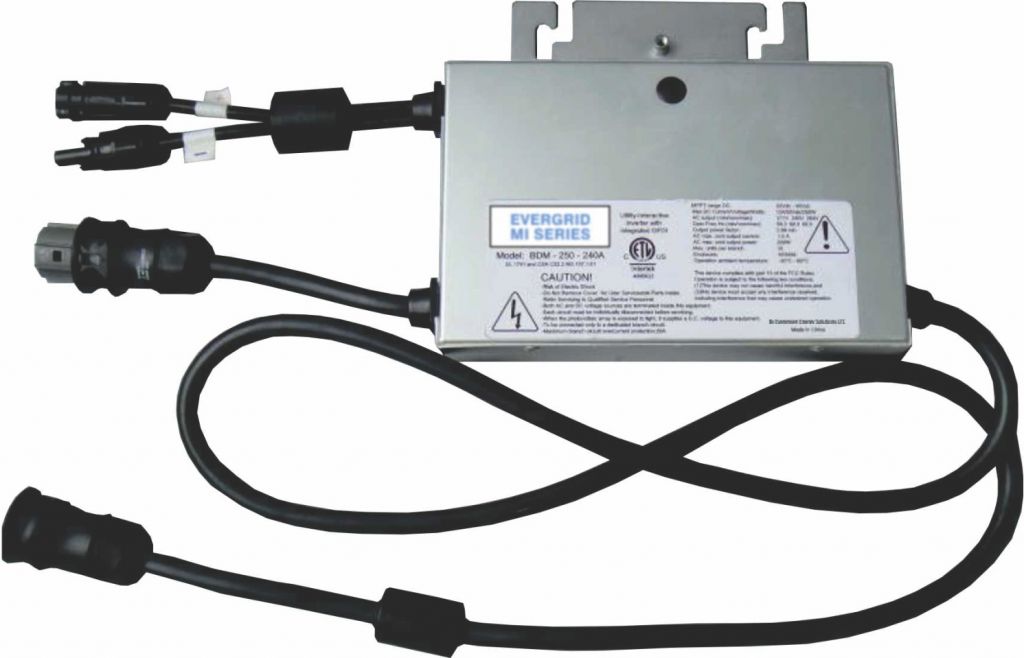


سعر فوب
أحصل على آخر سعر( Negotiable )
|1 Piece Minimum Order
بلد:
Hong Kong
نموذج رقم:
250W GRID TIE MICROINVERTER EVERGRID MI SERIES
سعر فوب:
( Negotiable ) أحصل على آخر سعر
الموقع:
-
سعر الحد الأدنى للطلب:
-
الحد الأدني للطلب:
1 Piece
تفاصيل التغليف:
carton
موعد التسليم:
15 to 30 days
القدرة على التوريد:
25000 Piece per Month
نوع الدفع:
L/C, T/T
مجموعة المنتج :
-
Hong Kong
الشخص الذي يمكن الاتصال به Mr. Jim
19 Luard Raod, Henan Bldg, 9th Floor, Wanchai, Hong Kong
What is a Micro-Inverter? Several other companies
in the solar industry have followed suit and launched their own
micro-inverters, validating their potential. Evergreen is always on
the crest of the wave, so we have also launched our best model with
great quality and all approvals to be used in any geographical
market. Central inverters have dominated the solar industry since
its inception. The introduction of micro-inverters marks one of the
biggest technology shifts in the PV industry. Manufacturers are
touting 5-25% increase in power output, which in the long run can
bring in a lot in savings for many homeowners.
Our company develops and markets world leading, highly reliable
grid connected solar micro-inverters and monitoring systems that
offer an outstanding value proposition for solar PV systems. The
micro-inverter converts and controls the DC power from each solar
module into clean AC power for supply to the electricity grid.
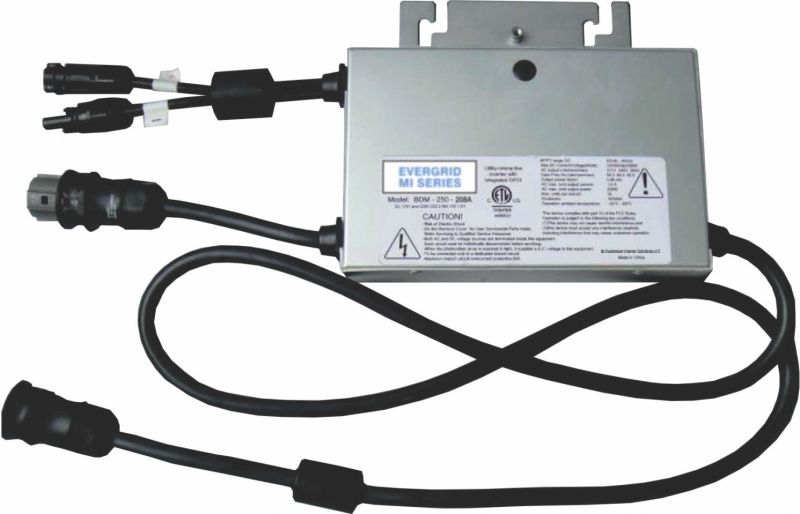
The advantages of our
EVERGRID MI Series solar micro-inverters
include:
- Maximized energy harvest,
- Improved safety,
- Increased lifetime and
reliability,
- Enhanced monitoring capability,
and
- Simplified PV array design and
installation.
The monitoring system tracks, in real-time, each PV modules
performance through a robust built-in wireless communication system
that connects to the Internet via a Gateway (PLEASE CHECK FOR OUR
GATEWAY MODEL IN OUR WEBSITE).
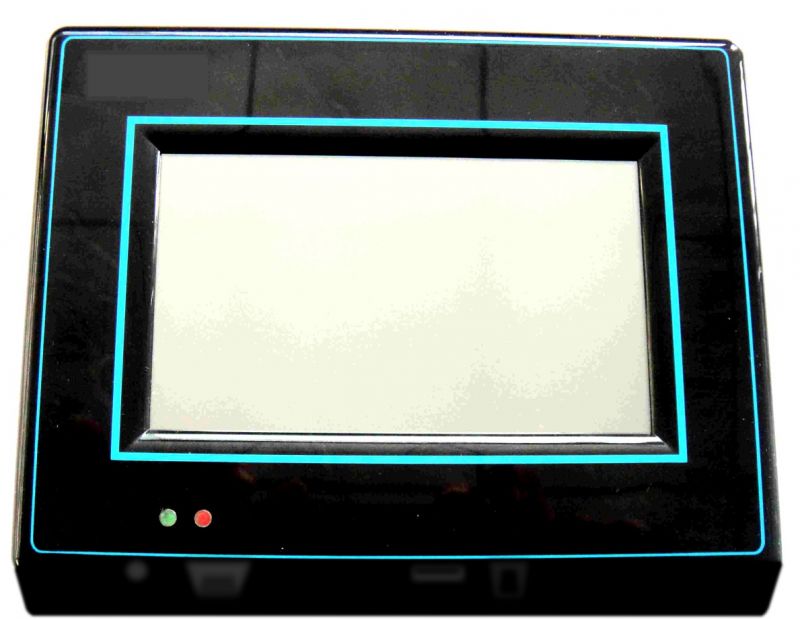
Since solar panels generate DC (direct current), we need some kind
of device to convert DC to AC (alternating current), in order to
power your electrical appliances (without burning down your
house!). This is where the solar inverter comes in. Inverters also
enable us to switch off all electrical current in the case of a
blackout or if repair is needed. This is of course also useful for
maintenance, troubleshooting and system upgrade as well. One
central (string) inverter would normally cover an entire
residential solar system (assuming that the central inverter is
strong enough for your entire array). Micro-inverters, on the other
hand, sit on the back of each and every solar panel.
Micro-inverters bring several significant benefits to the table. Do
these benefits outweigh the extra costs? Let’s see….
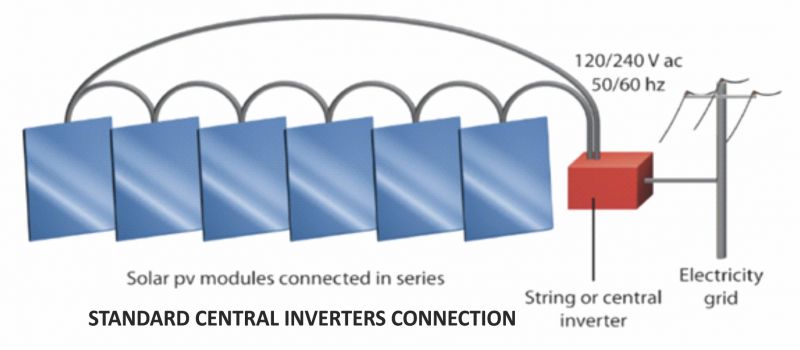
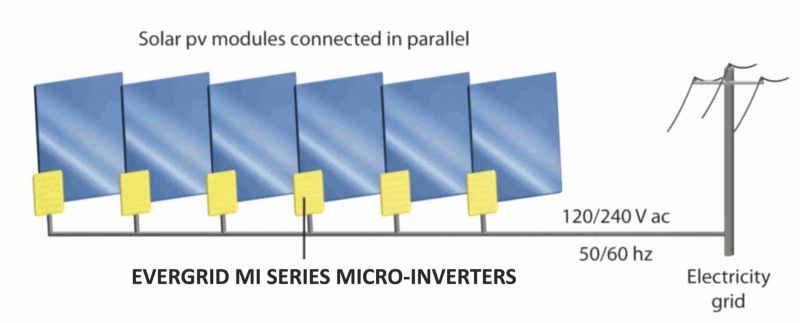
Key
Benefits
Individual Optimization. Micro-inverters optimizes for each solar
panel alone, not for your entire solar system, as central inverts
do. This enables every solar panel to perform at their maximum
potential. In other words, one solar panel alone cannot drag down
the performance of entire solar array, as opposed to central
inverters that optimize for the weakest link. Shading of as little
as 9% of a solar system connected to a central inverter, can lead
to a system-wide decline in power output with as much as 54%. If
one solar panel in a string had abnormally high resistance due to a
manufacturing defect, the performance of every solar panel
connected to that same central inverter would suffer. Likewise,
coverage issues such as shading, dirt, snow and even slight
orientation mismatch on one of the solar panels would not bring the
entire solar system down.
Maximum Power Point Tracking (MPPT).One of the tricky things about
solar cells is that voltage needs to be adjusted to light level for
maximum output of power. In other words, the performance of a solar
panel is dependent on the voltage load that is applied from the
inverter. MPPT is a technique used to find the right voltage at the
maximum power point. When MPPT technique is applied to each
individual panel, as opposed to the solar system as a whole
(central inverter case), performance of the whole system will
naturally improve.
Longer Warranty. Since micro-inverters are not exposed to as high
power and heat loads as central inverter, they also tend to last
significantly longer. Micro-inverters typically come with a
warranty of 20-25 years (10-15 years longer than central
inverters).
Easily Expandable. Expanding your solar system with more solar
panels later on is easier with micro-inverters. You do not have to
worry about restringing or getting a second central inverter
installed. Central inverters come in limited sizes and you might
end up having to pay for one that is much bigger than what you
actually need.
Performance Reports. Web-based monitoring on a panel-by-panel basis
is usually available both for homeowner and installer. Continuously
analyzing the health of the solar system can pave the way for
additional tweaks and performance improvements. There are even
mobile applications that enable you to monitor your PV system when
on the road.
No Single Point of Failure. Unlike central inverters, if there is
something wrong with either one of the solar panels or the
micro-inverter that sits on the back of it, the rest of the solar
system is unaffected and still up and running.
Improved Safety. Solar panels are connected in series before they
are fed into a central inverter, typically with an effective
nominal rating of 300-800 VDC (volts of direct current). This
current is potentially life threatening. Micro-inverters eliminate
the need for high voltage DC wiring, which improve the safety for
both solar installers and system owners.
Silent. Since micro-inverters dissipate significantly less heat
than central inverters do, there is no need for active cooling,
which enables them to operate without noise.
Cost Analysis is Necessary. We evaluate the usefulness of
micro-inverters by looking at two numbers:
- Lifetime costs ($)
- Lifetime energy production (kWh)
This is essentially what it all comes down divide costs by energy
production and you`re left with how much money you have to pay for
every kWh your solar system produce. Every situation is different
and there are a lot of variables to take into account in order to
find those two numbers.
One of the leading micro-inverter manufacturers sums it up nicely:
“A total cost of ownership analysis of a PV solar system can only
be carried out after detailed examination of capital and
maintenance costs, and an understanding of how much energy will be
harvested over the life of the system”.
One example of technical specifications. Please ask for the rest of
the models
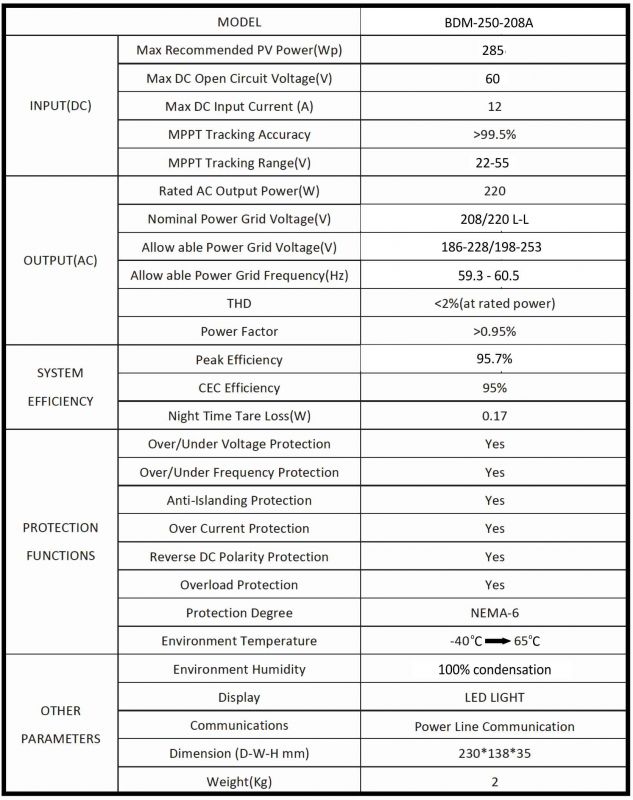
| بلد: | Hong Kong |
| نموذج رقم: | 250W GRID TIE MICROINVERTER EVERGRID MI SERIES |
| سعر فوب: | ( Negotiable ) أحصل على آخر سعر |
| الموقع: | - |
| سعر الحد الأدنى للطلب: | - |
| الحد الأدني للطلب: | 1 Piece |
| تفاصيل التغليف: | carton |
| موعد التسليم: | 15 to 30 days |
| القدرة على التوريد: | 25000 Piece per Month |
| نوع الدفع: | L/C, T/T |
| مجموعة المنتج : | - |